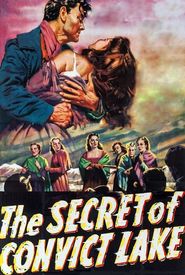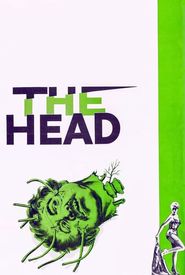Victor Trivas, a multifaceted creative force, is often credited with collaborating with the illustrious Russian film director Sergei Eisenstein, although this claim remains unsubstantiated, much like his alleged birthplace in Russia. In fact, other sources suggest that Trivas was born to Hungarian parents in Switzerland, where he earned a degree in architecture, setting the stage for a career that would span multiple disciplines.
As the 1920s unfolded, Trivas relocated to Berlin, where he honed his skills as a scenarist, working on the 1927 film The Love of Jeanne Ney. His directorial debut, Hell on Earth, arrived in 1931, featuring a pacifist message that sparked widespread political turmoil. Unfortunately, the film was subsequently banned, confiscated, and destroyed by Nazi authorities in 1940, prompting Trivas to seek refuge in Paris. As the Nazi occupation of France intensified, he was forced to flee to the United States.
Trivas's work did not go unnoticed, as he received an Academy Award nomination for his scriptwriting contributions to Orson Welles's 1946 film The Stranger. Following this recognition, Trivas returned to Germany in 1959, where he continued to work on various American film productions, often splitting his time between Germany and the United States.
Person Biography:
Victor Trivas was a multi-talented writer, director, and architect, with a career spanning multiple decades and continents. Born to Hungarian parents in Switzerland, he studied architecture before transitioning to the film industry. Trivas's directorial debut, Hell on Earth, was a pacifist message that sparked political turmoil and was eventually banned and destroyed by Nazi authorities. He fled to the United States, where he continued to work in the film industry, earning an Academy Award nomination for his scriptwriting contributions to The Stranger.





















